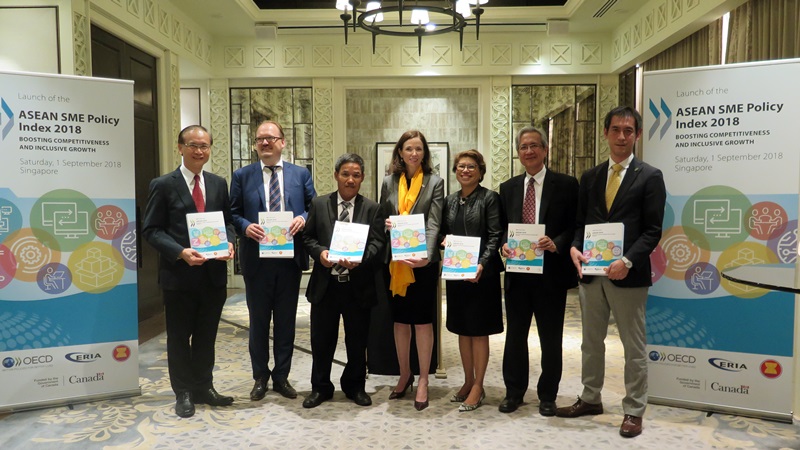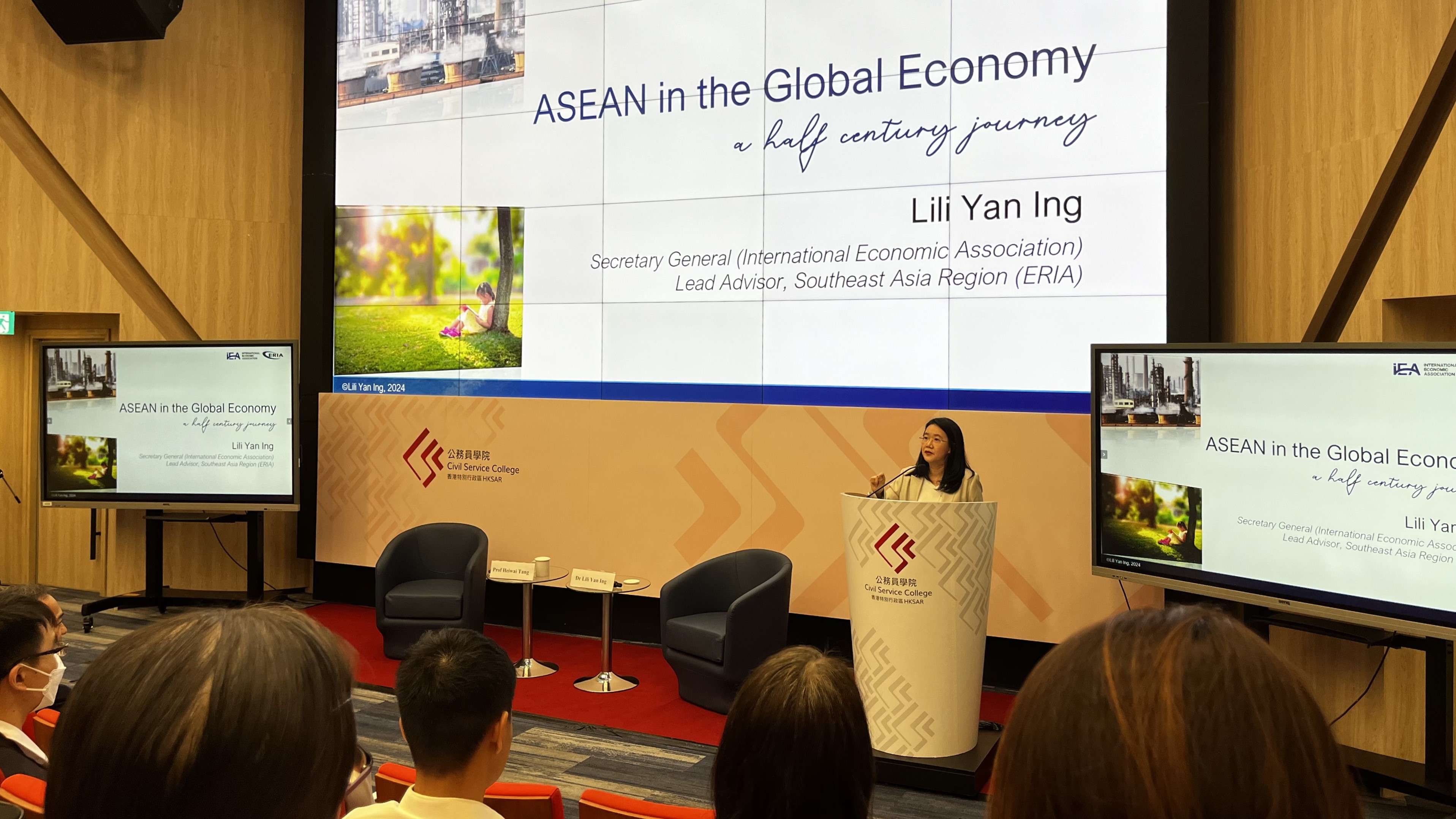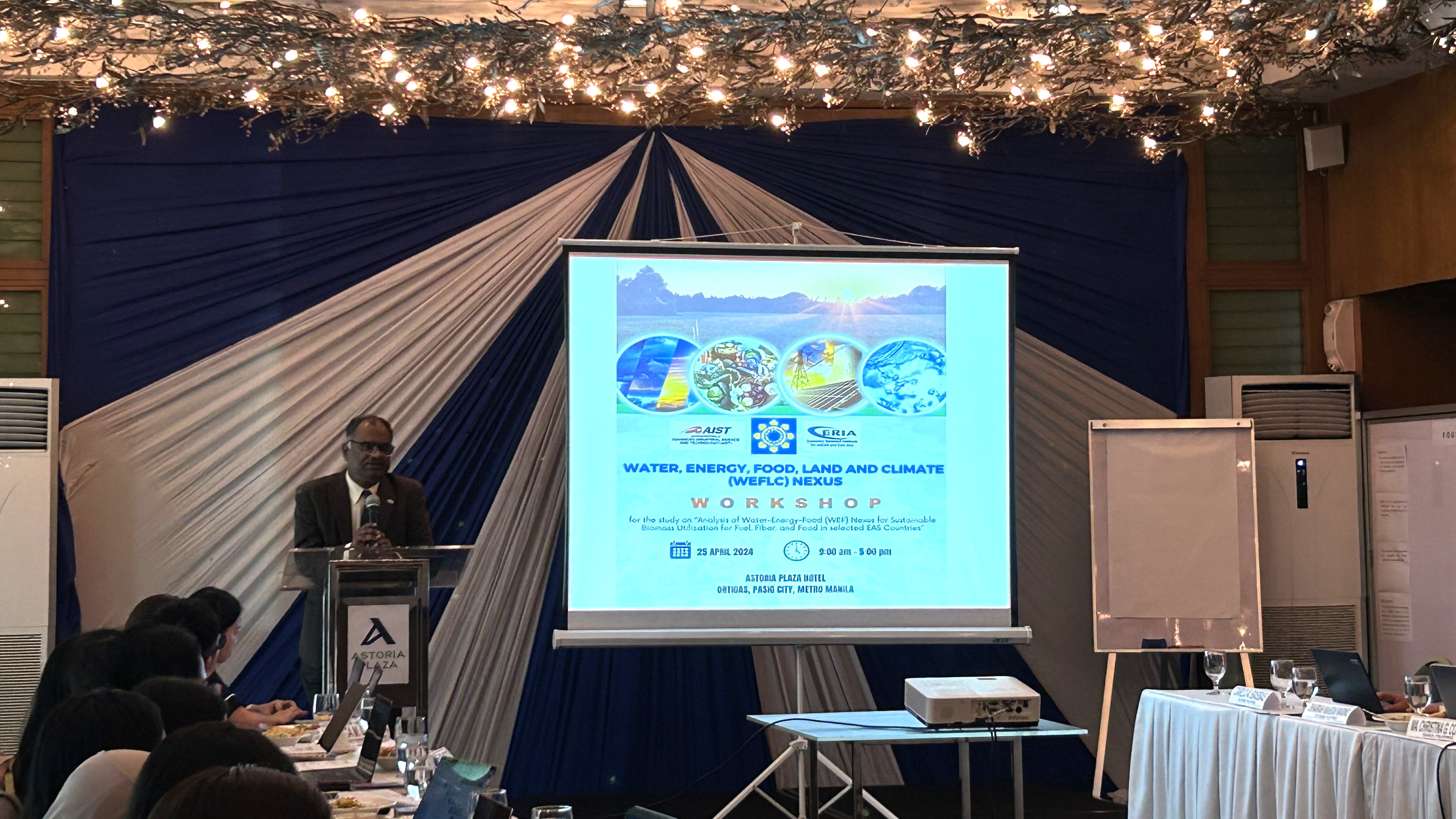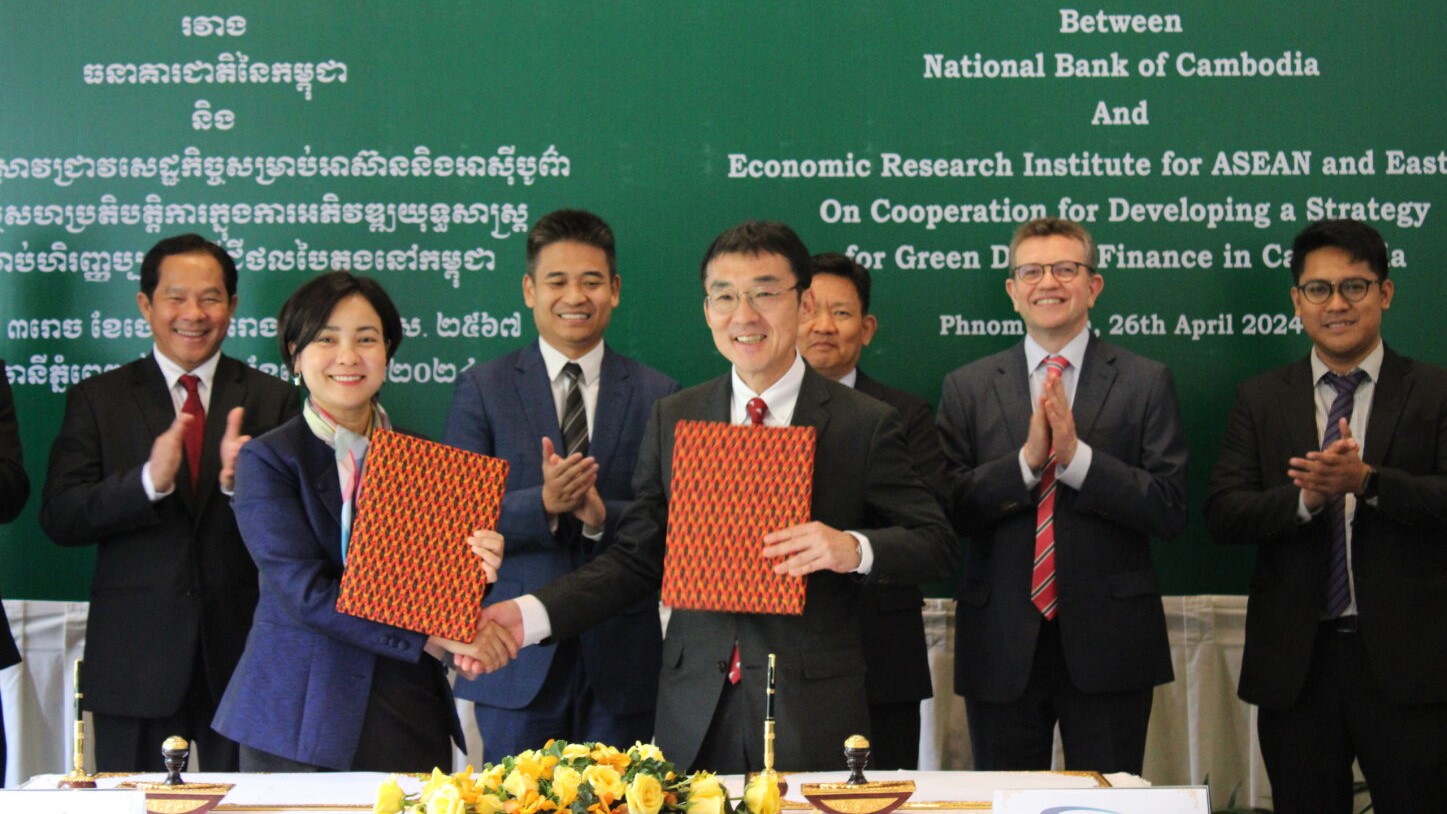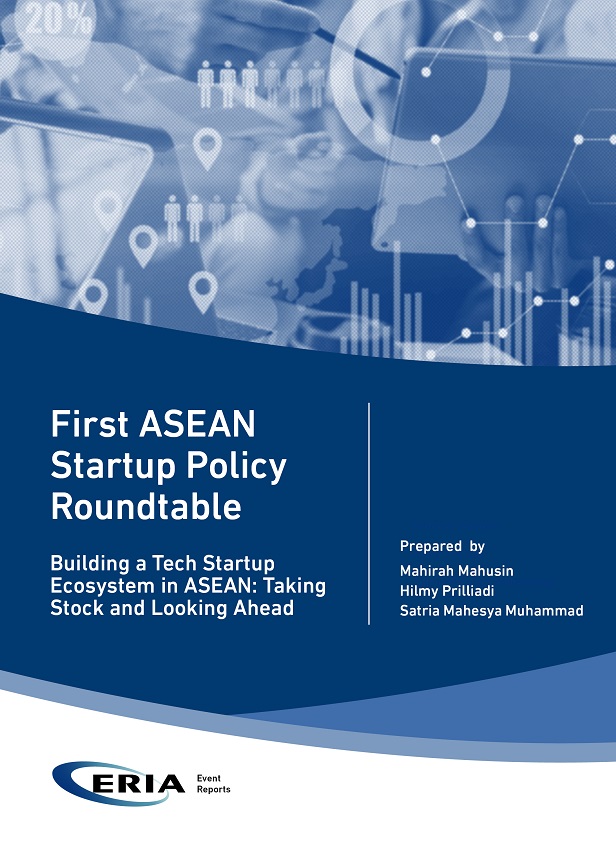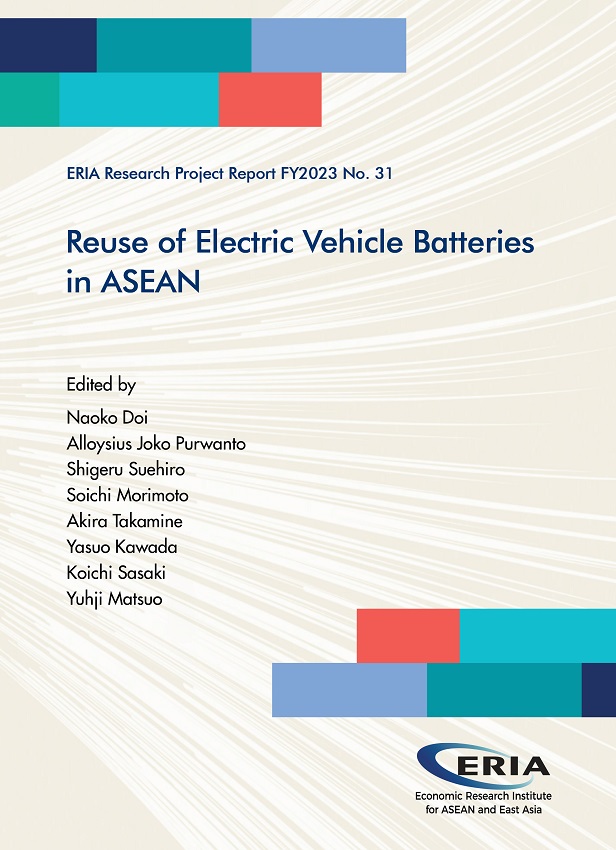ASEAN SME Policy Index 2018 Launched in Singapore
Share Article:
Print Article:
Singapore, 1 September 2018: The Economic Research Institute for ASEAN and East Asia (ERIA) and the Organisation for Economic Co-operation and Development (OECD), the ASEAN Coordinating Committee on Micro, Small, and Medium Enterprises (ACCMSME), supported by the Government of Canada, officially launched the ASEAN SME Policy Index (ASPI) 2018 on 1 September 2018.
The ASEAN SME Policy Index 2018 maps and benchmarks SME development policies across ASEAN Member States (AMS). The assessment cuts across eight different policy areas related to SME development, namely: i) productivity, technology, and innovation; ii) environmental policies and SMEs; iii) access to finance; iv) access to market and internationalisation; v) institutional framework; vi) legislation, regulation, and tax; vii) entrepreneurial education and skills; and viii) social and inclusive entrepreneurship.
The event took place in the Dutch Pavilion, Shangri-La Hotel, Singapore, on the margin of the 50th ASEAN Economic Ministers (AEM) Meetings. Representatives from the ASEAN Economic Community, the Government of Canada, OECD, ERIA, and ACCMSME delivered their brief remarks to open the event.
In his remarks, Hon Aladdin D. Rillo, Deputy Secretary-General for ASEAN Economic Community, highlighted how the ASPI 2018 covered important aspects of MSME development such as access to finance and MSME integration to global value chains. He also recognised the value of organising the report into both regional and country chapters that allows ASEAN Member States (AMS) to reap benefits from having a deeper view into specific aspects of MSME development in their countries.
There were five notable findings of the ASEAN SME Policy Index 2018. First, ASEAN countries have made significant advances in SME policy, notably in the areas of business development services, access to e-commerce and GVC integration. Second, MSMEs operate mainly in wholesale and retail trade, with high levels of informality. Third, SME development is an increasing priority for policy makers across ASEAN as they seek to establish a broader base for growth while ensuring that it is resilient and inclusive. Fourth, most ASEAN countries are active in the area of SME policy and apply a mix of horizontal and targeted approaches. Fifth, some AMS regard SME policy as a core tool to enhance welfare.
Mr Andreas Schaal, Director of OECD Global Relations and OECD G20 Sous Sherpa, underlined how the ASPI 2018 could serve as a call for action for AMS to boost MSME competitiveness and promote inclusive growth. Meanwhile, H.E. Ms Marie-Louise Hannan, Ambassador of Canada to ASEAN, touched upon the Government of Canada’s support throughout the ASPI 2018 project and reaffirmed their support for further SME development in the region, especially related to women entrepreneurship and empowerment.
The Chair of ACCMSME Mr Lor Sathya extended the highest appreciation for the hard work dedicated for the ASPI 2018 and the benefits it would bring for all AMS. Similarly, ERIA’s Senior Policy Fellow Tan Sri Datuk Dr Rebecca Fatima Sta Maria talked about ERIA’s continuous support during the development of ASPI 2018 together with the OECD team and expressed gratitude to all parties involved.
The report can be accessed online here.
